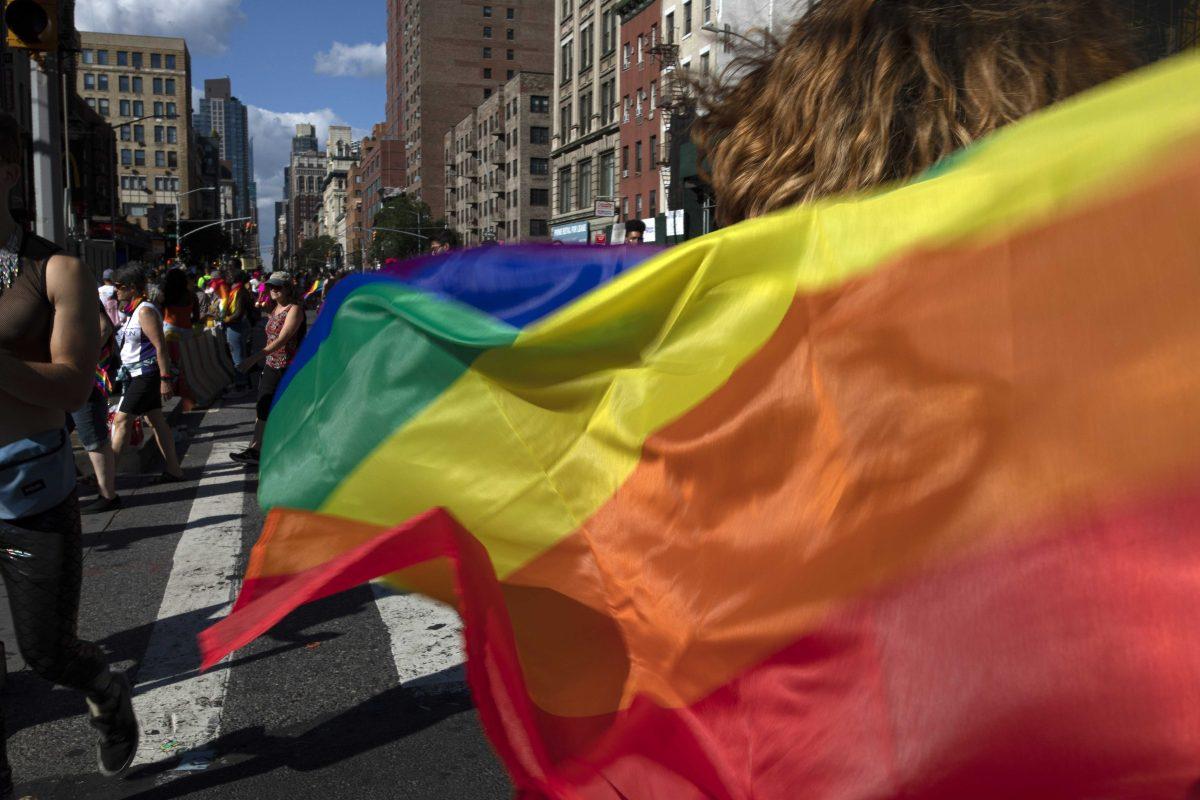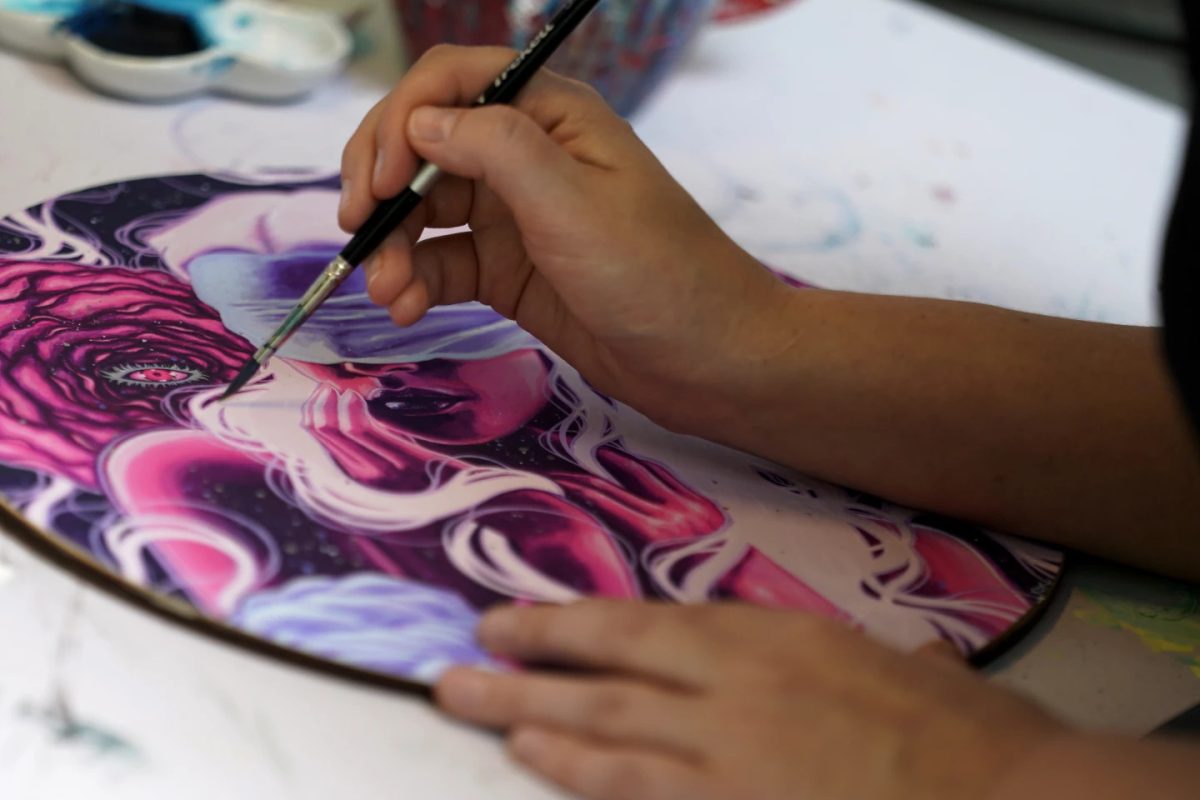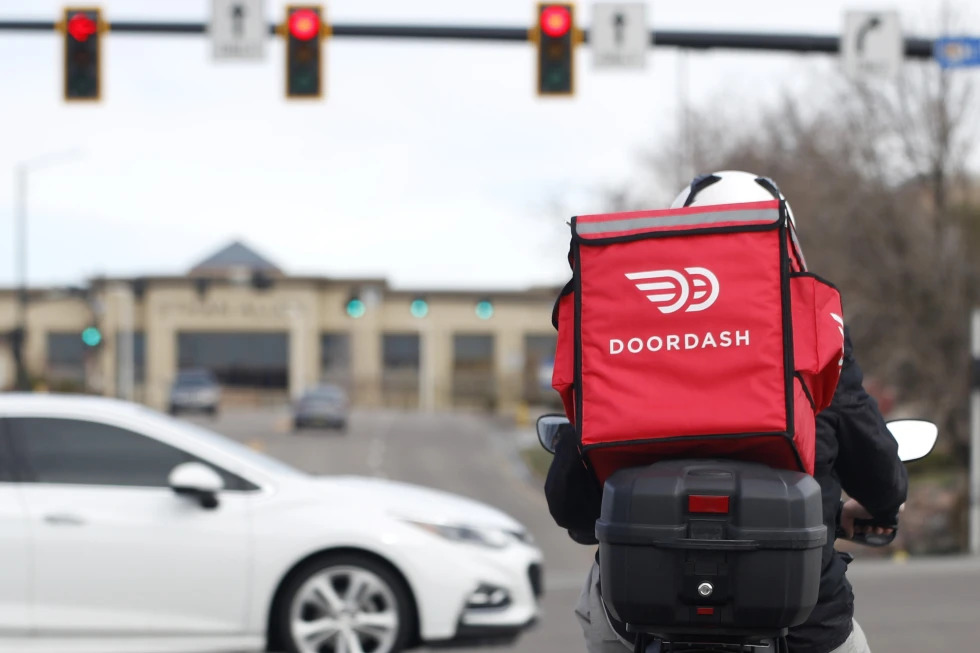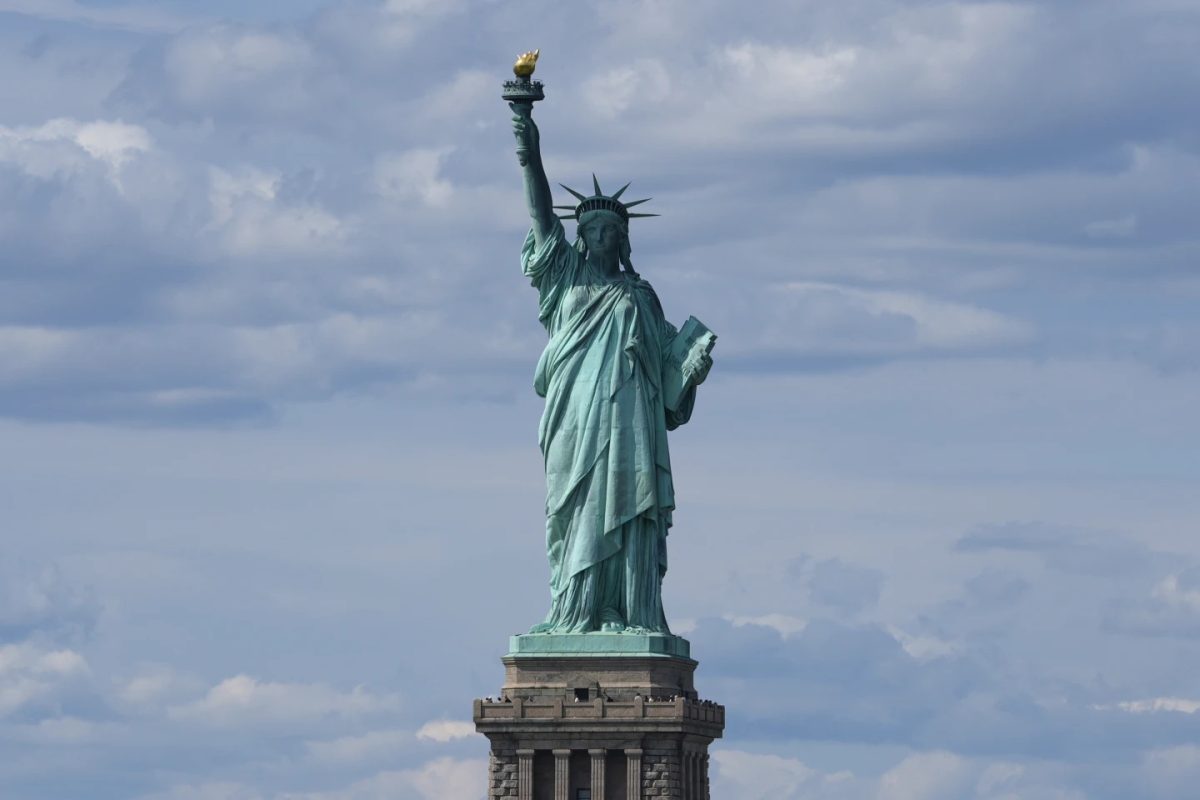Pride month is a beautiful thing.
It’s a celebration of visibility and representation for members of the LGBTQ+ community. During June, members of the community and their allies seek to educate and advocate for a world where “love wins.”
In an attempt to capitalize on Pride month, however, companies use the aesthetic of the LGBTQ+ community as a mere publicity stunt. In quite a few cases, the groups that change their logos to rainbows during June either have a history of suppressing LGBTQ+ voices the rest of the year or represent groups instrumental to the oppression of the community in the fight for equality.
Once May ticks over into June, entertainment companies like Disney flood their social media feeds with posts overwhelmingly in support of the LGBTQ+ community. Representation like this, while a nice sign of solidarity, is often counter to the rest of a company’s actions.
Let’s start with Disney.
The company tweeted an image of their popular characters walking in front of a rainbow flag in solidarity of the LGBTQ+ community on June 1. It’s incredible to see Mickey, Donald and Goofy proclaim “there’s room for everyone under the rainbow,” but Disney’s past actions make the gesture seem like nothing more than a marketing aesthetic.
After Disney bought 20th Century Fox and shuttered their animation department, Blue Sky, they cancelled what was to be the first LGBTQ+ led animated feature, “Nimona.” The film was ten months away from being complete.
Disney, the supposed ally of the LGBTQ+ community, also moved “Love, Victor,” a teenage romantic comedy series about a gay man’s self-discovery of his sexuality, from Disney+ to Hulu. The show was moved because it “would not fit in with the family-friendly content on Disney+.”
If everyone can fit under the rainbow like Disney proclaimed at the start of June, then why were these projects shifted or cancelled to align with a “family-friendly” brand, when stories of straight self-discovery have been the company’s bread and butter for years?
While Disney, an entertainment company, capitalizing on a trend with their adoption of pride imagery is just bad optics given their past, other organizations using pride’s aesthetic during June is much more troubling.
Take Raytheon Technologies, for example.
A major defense contractor for the United States government, the brand recently changed their logo to a rainbow version of its previously red branding. While the company was deemed the safest work environment for LGBTQ+ employees, their presence in pride’s festivities is problematic, nonetheless.
Raytheon isn’t the only company dealing in weapons that rebranded themselves during June. Taser and body cam producer Axon also changed their logo to a vibrant rainbow during pride month.
For companies like Raytheon and Axon who sell weapons to various military and police forces, pride isn’t exactly the most appropriate rebranding.
The history of pride is one of riots and a fight against police for basic rights. Generally agreed upon by historians as the first modern pride was actually the Stonewall riot in 1969 when gay rights activists responded to a police raid on the Stonewall Inn, a gay bar in New York City’s Greenwich Village.
A notorious and historic antagonistic force to the LGBTQ+ community, police have been banned from many recent pride events, including events in New York. After years of antagonism by police with weapons provided by companies like Raytheon and Axon, it’s understandable why it’s not the most appropriate sign of solidarity for a weapon’s manufacturer to support a community they played a part in oppressing.
Pride has been criticized in the past few years for becoming too cooperate, with companies like Target using pride merchandise to sell more t-shirts. But for all its missteps with the occasional military contractor expressing inappropriate solidarity, pride still provides a spotlight for LGBTQ+ voices.
More artistic branches of companies like Disney and Warner Brothers are able to spotlight their LGBTQ+ creators. Take Marvel and DC Comics, who both recently released massive anthology books celebrating their stable of LGBTQ+ creators and characters.
Sure, it’s all still cooperate, but seeing heroes who identify a certain way goes a long way in inspiring the next generation of LGBTQ+ youth to be comfortable in their own skin.
Representation matters and that’s what pride should be about.
It’s not about silencing LGBTQ+ voices, invalidating them with a company that makes the tasers that police have used to oppress members of the community and its definitely not about passing anti-transgender legislation on the first day of June like Governor DeSantis did in Florida.
It’s about love.
Domenic Purdy is a 20-year-old journalism junior from Prairieville.
Opinion: Pride isn’t just an aesthetic for companies to capitalize on
June 13, 2021
FILE – In this June 30, 2019, file photo parade-goers carrying rainbow flags walk down a street during the LBGTQ Pride march in New York, to celebrate five decades of LGBTQ pride, marking the 50th anniversary of the police raid that sparked the modern-day gay rights movement. Democrats flooded Twitter and email inboxes this week with praise for the watershed Supreme Court decision shielding gay, lesbian and transgender people from job discrimination. (AP Photo/Wong Maye-E, File)








